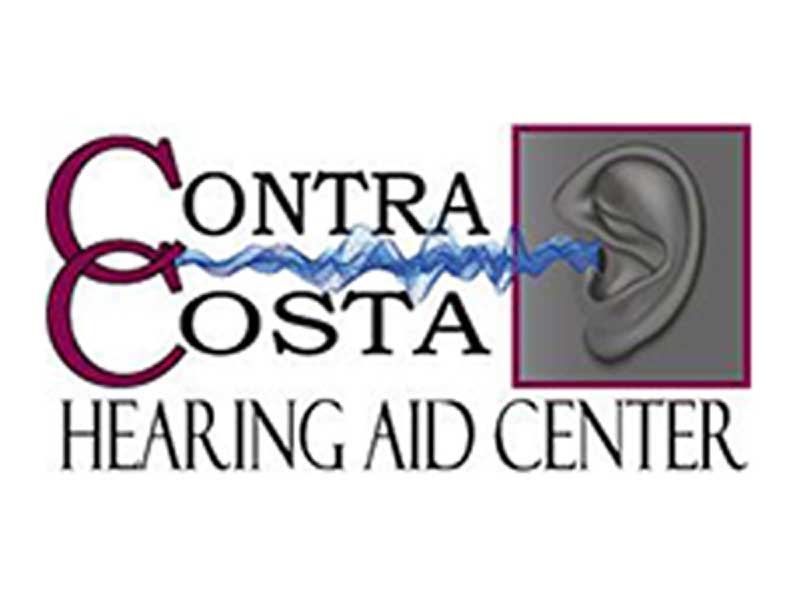What exactly is the difference between a hearing aid and a personal sound amplifier (PSA)? One big difference is that the personal sound amplifier is being aggressively promoted in recent months giving rise to quite a lot of confusion. However, you won’t see as many hearing aid promotions on TV or in newspapers because they are medical devices. As medical devices they are regulated by the Food & Drug Administration and can only be obtained from a licensed hearing instrument specialist or hearing instrument specialist. Hearing aids are for people with hearing problems ranging from modest to profound. They are adjusted for each individual to precisely address their unique hearing loss as determined by the hearing instrument specialist or dispenser.
PSAs also raise the volume of the sounds around you, but they are designed to do this for individuals with normal hearing. Some personal sound amplifiers appear very much like hearing aids, but they aren’t; the only thing that PSAs do is take in sound and increase its volume. They are not meant to assist with the problems that a hearing-impaired person may have.
The price of personal sound amplifiers (under $100, in contrast to thousands for the best hearing aids) can make them sound appealing to people on a tight budget. This is exactly why the FDA has issued alerts about personal sound amplifiers and has developed websites and information campaigns to inform the general public about the differences between these types of devices. The FDA advice is straightforward: if you’re having trouble hearing sounds at what other people consider normal volumes, have your hearing checked by a qualified hearing instrument specialist or hearing instrument specialist before you consider purchasing a personal sound amplifier. Depending on a personal sound amplifier rather than having your hearing tested can postpone essential treatment that might bring back your hearing, and in some situations (turning the volume up excessively) may even cause further damage to your hearing.
Before buying any device to improve your hearing, see an hearing instrument specialist. This is the Food & Drug Administration recommendation to ensure that you get the best care. Certain hearing problems, such as simple obstruction of the ear canal from accumulated ear wax, can be cleared up and your hearing restored in one doctor’s visit. Hearing loss caused by irreversible inner ear damage can be considerably improved with carefully fit and programmed hearing aids. Neglecting the base problem by purchasing a device that does nothing but boost volume levels can cause you to delay appropriate treatment that might correct your hearing, and thus negate the need for either PSAs or hearing aids.
After a hearing evaluation, if your hearing ability is determined to be normal, you may purchase a personal sound amplifier if you still have difficulty with particular sounds. If you decide to buy a PSA, you should check the specifications carefully and look for one that states it amplifies in the frequency range of human speech. That range is 1000-2000 Hertz. Additionally, don’t consider any PSAs that don’t have volume controls and electronically-enforced decibel limits that do not permit their levels to exceed 135 decibels. A high quality personal sound amplifier can make faint sounds easier to hear for those with normal hearing, and consequently have their purpose. A PSA just shouldn’t be mistaken for more precise and more sophisticated hearing aids, or be viewed as a substitute for them by people who have suffered genuine hearing loss.
